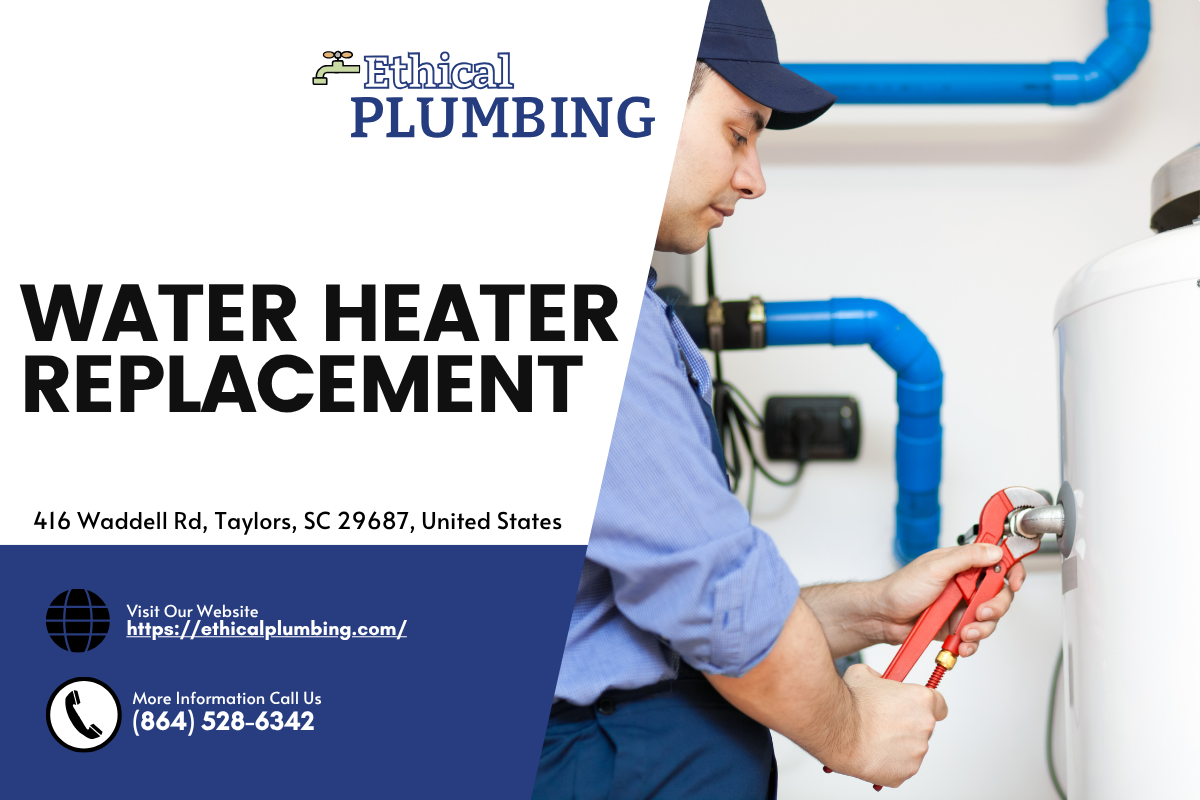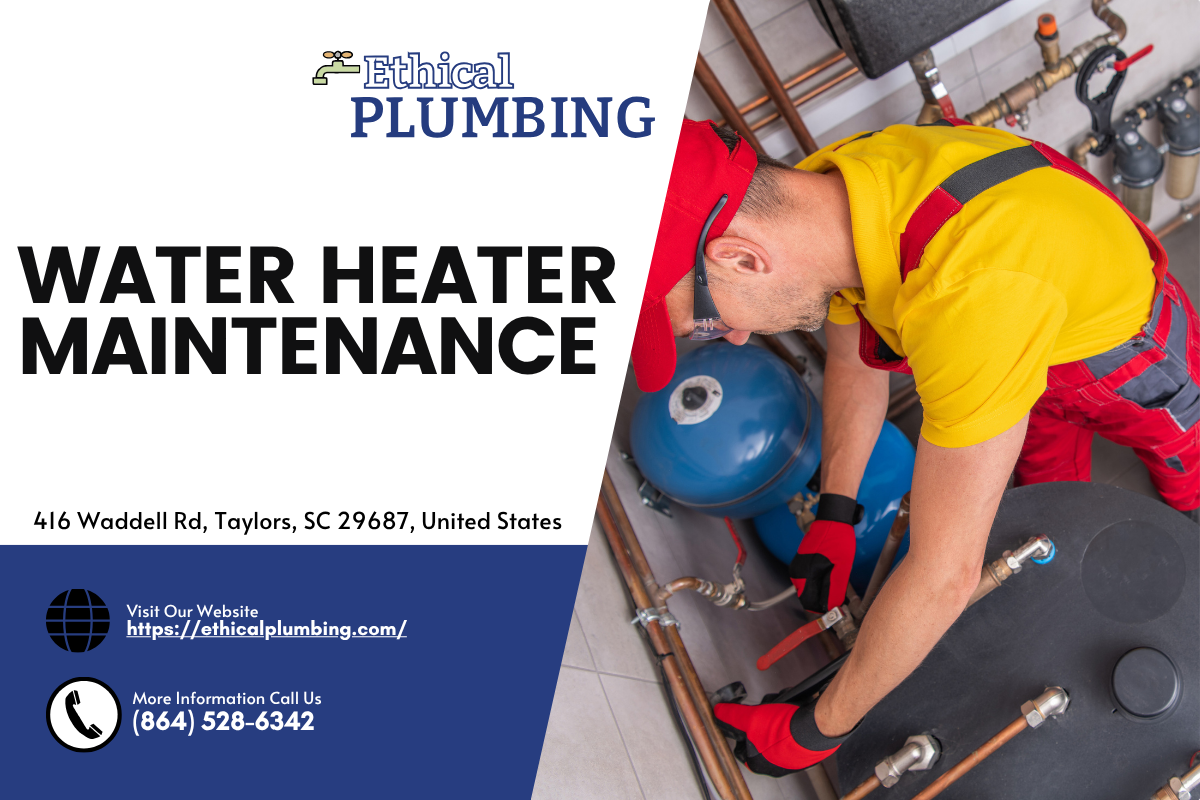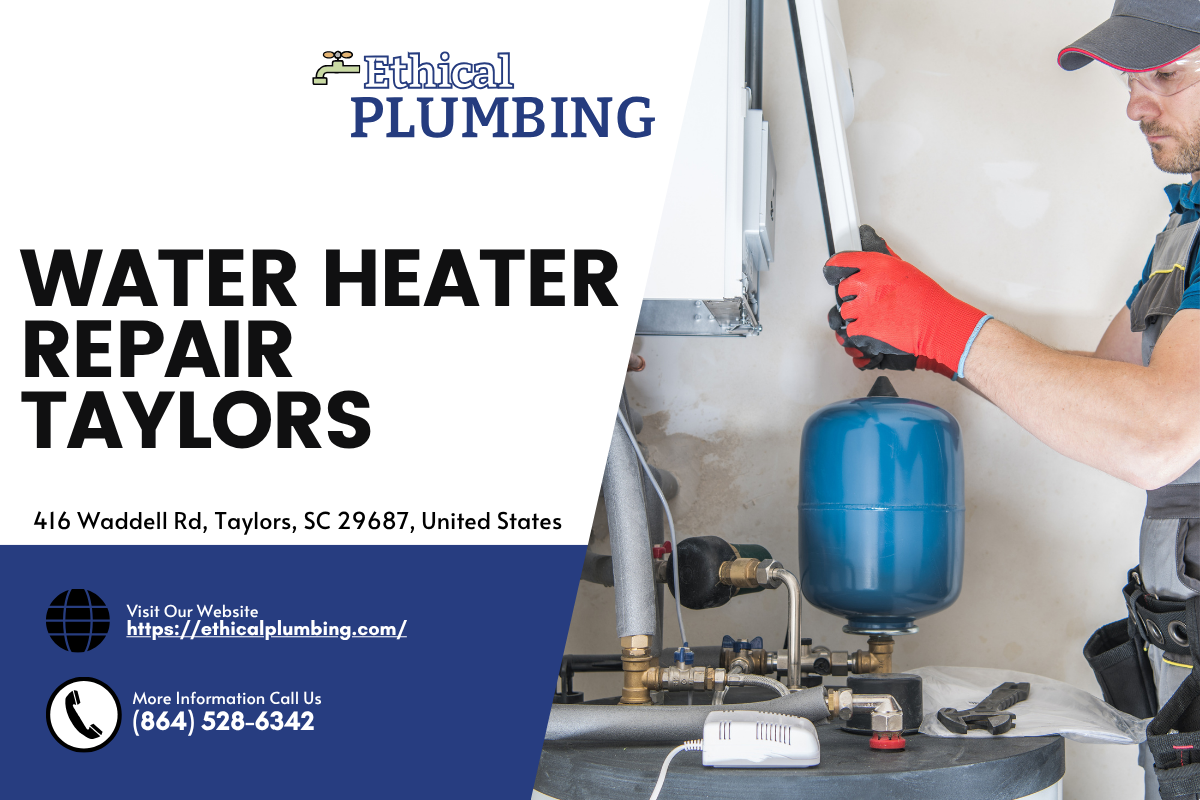


Introduction
When it comes to modern conveniences, hot water is often taken for granted until the moment it’s not there. With the rise in popularity of tankless water heaters, many homeowners have discovered the efficiency and space-saving advantages these units provide. However, like any appliance, tankless water heaters can encounter issues requiring repair or maintenance. This comprehensive guide aims to equip you with everything you need to know about tankless water heater repair, installation, replacement, and maintenance, ensuring your home remains a haven of comfort.
Table of Contents
Understanding Tankless Water Heaters- 1.1 What is a Tankless Water Heater? 1.2 How Do Tankless Water Heaters Work?
- 2.1 Energy Efficiency 2.2 Space-Saving Design
- 3.1 No Hot Water 3.2 Fluctuating Temperature
- 4.1 Unusual Noises 4.2 Error Codes
- 5.1 Checking Power Supply 5.2 Inspecting Water Filters
- 6.1 When to Call a Technician
- 7.1 Regular Descaling Procedures
- 8.1 Choosing the Right Size Unit
- 10.1 Average Repair Costs 10.2 Replacement Costs Overview
Understanding Tankless Water Heaters
What is a Tankless Water Heater?
A tankless water heater, often referred to as an on-demand water heater, heats water directly without the use of a storage tank when needed—meaning you get hot water only when you turn on the tap! This system offers endless hot water supply, which is particularly beneficial for larger households or homes with high hot water demand.
How Do Tankless Water Heaters Work?
When you turn on a hot water faucet, cold water travels through a pipe into the unit and passes over either a gas burner or an electric element that heats the water instantaneously before it flows out to your faucet or appliance.
Advantages of Tankless Water Heaters
Energy Efficiency
One of the standout features of tankless systems is their energy efficiency since they don't maintain a reservoir of heated water that can cool down over time, leading to unnecessary energy expenditure.
Space-Saving Design
Tankless water heater repair taylors units are compact compared to traditional models; they can be mounted on walls or installed in tight spaces—freeing up valuable floor area in your utility room.
Common Issues with Tankless Water Heaters
No Hot Water
This issue is often linked to electrical failures or problems with gas supply for gas-powered models; however, sediment buildup can also obstruct heating efficiency.
Fluctuating Temperature
If you're experiencing inconsistent temperatures while using hot water, this might indicate inadequate unit size or malfunctioning elements that require immediate attention.
Tankless Water Heater Repair: Signs That Indicate Trouble
Unusual Noises
Hearing strange sounds such as popping or rumbling can signal sediment buildup within the unit that needs cleaning or descaling—this should not be ignored!
Error Codes
Modern tankless units are equipped with digital displays that show error codes signaling specific issues needing troubleshooting from either your end or professional assistance.
Basic Troubleshooting for Homeowners
Checking Power Supply
Before delving deeper into repairs, ensure that your unit has power—check circuit breakers and fuses as these may inadvertently trip or blow due to electrical overloads.
Inspecting Water Filters
Dirty filters can restrict flow; regular checks and cleaning will help maintain optimal performance levels for your tankless system.
Water Heater Service: Professional Help Needed?
When to Call a Technician
If basic troubleshooting doesn’t resolve your issue—or if you're uncomfortable performing repairs yourself—it may be time to enlist professional services specializing in tankless systems.
Water Heater Maintenance Tips
Regular Descaling Procedures
Mineral buildup is common in areas with hard water; consider descaling at least once per year for optimal performance and longevity of your unit—following manufacturer guidelines for best results.
Understanding Water Heater Installation
Choosing the Right Size Unit
Selecting an appropriately sized unit based on household needs ensures efficient performance without undue strain on the system—a key consideration during installation.
Water Heater Replacement: When Is It Necessary?
An older unit may no longer meet efficiency standards or household demands; knowing when it's more cost-effective to replace rather than repair could save money long-term.
Cost Considerations for Repairs and Replacements
Average Repair Costs
Most repairs range from $150 to $800 depending on parts needed and labor; understanding potential costs helps homeowners prepare financially ahead of time.
Replacement Costs Overview
Replacing a tankless unit typically costs between $1,500 and $3,000 including installation—a worthwhile investment considering long-term energy savings.
DIY vs Professional Repairs: Pros and Cons
While DIY repairs may seem economical upfront, consider potential risks associated with improper fixes versus hiring skilled technicians who guarantee quality service—making informed choices ensures safety and peace of mind!
The Role of Warranty in Repairs and Replacements
Warranties vary by manufacturer but generally cover specific parts for limited durations; understanding what’s included provides insights into whether certain types of repairs are covered under warranty terms—never hesitate to clarify warranty information when purchasing new units!
Frequently Asked Questions (FAQs)
Q1: How long do tankless water heaters last?
A: Typically around 20 years with proper maintenance compared to traditional models lasting only about half that time!
Q2: Can I install a tankless water heater myself?
A: While some handy homeowners might attempt it themselves, professional installation is highly recommended due both safety concerns involved along local building codes compliance requirements!
Q3: Are there tax benefits associated with installing energy-efficient systems like these?
A: Yes! Many jurisdictions offer rebates/tax incentives encouraging eco-friendly upgrades; check local regulations!
Q4: What's involved in routine maintenance?
A: Regularly inspect filters/descale systems annually based upon mineral content levels within municipal supplied waters!
Q5: How do I know if my model requires servicing?
A: If experiencing fluctuating temperatures/unusual noises/error codes displaying regularly—it’s time consult professionals!
Q6 : Is it worth switching from traditional tanks?
A: Absolutely! The long-term savings coupled with endless hot-water availability make switching advantageous overall!
Conclusion
In conclusion, understanding the intricacies surrounding tankless water heater repair is crucial for any homeowner looking to improve their hot-water experience efficiently while maintaining peace at home through reliable systems! From recognizing common issues early-on through implementing preventative measures—the knowledge gained here empowers individuals towards making informed decisions about their plumbing appliances ultimately leading towards happier living conditions!